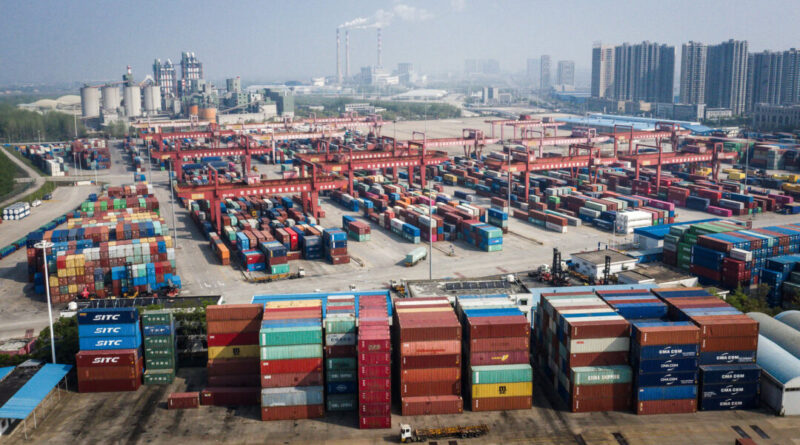Survey Reveals Growing Challenges for British Companies in China
A business lobby group stated that economic factors, regulatory hurdles, and geopolitical tensions are the primary factors contributing to the challenging business environment.
According to a survey published by the British Chamber of Commerce in China on Dec. 3, British companies have found doing business in China more challenging this year compared to last year.
Out of the 311 British companies surveyed, 58 percent reported that conducting business in China has become more difficult over the past year. The challenges were attributed to economic factors by 86 percent, geopolitical factors by 49 percent, and regulatory factors by 39 percent of the companies.
This year marks the fifth consecutive year that British companies have found the Chinese business environment increasingly tough. As for the business outlook for 2025, only 41 percent were optimistic, a decrease from 46 percent who expected better conditions in 2024.
The survey highlighted companies’ concerns regarding the broader global environment due to recent tariff increases by the European Union and escalating political tensions between the US, China, and the EU.
According to the survey, 33 percent of the companies expected revenue growth in 2024, a decrease from 45 percent in 2023. Only 8 percent planned to reduce investment in 2025, the lowest level since 2021. However, a record high of 16 percent were uncertain about the level of investment next year.
Cybersecurity and information technology regulations have become the top concern for British companies in China for the past two years, with increased scrutiny and rapid implementation of new cyber policies being cited as major challenges.
Regulatory concerns also included transparency of China’s business environment, difficulties in obtaining business licenses and permits, and the protection of intellectual property.
The survey found that 29 percent of respondents expected an increase in regulatory challenges over the next five years, while 31 percent believed the number would remain the same, and 9 percent predicted a reduction. The remaining 31 percent were uncertain about the future.
“Despite Chinese government efforts to reduce regulatory barriers and attract foreign investment, many businesses have yet to experience meaningful regulatory stability,” the survey concluded.
Reuters contributed to this report.



